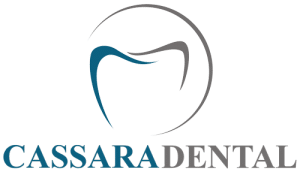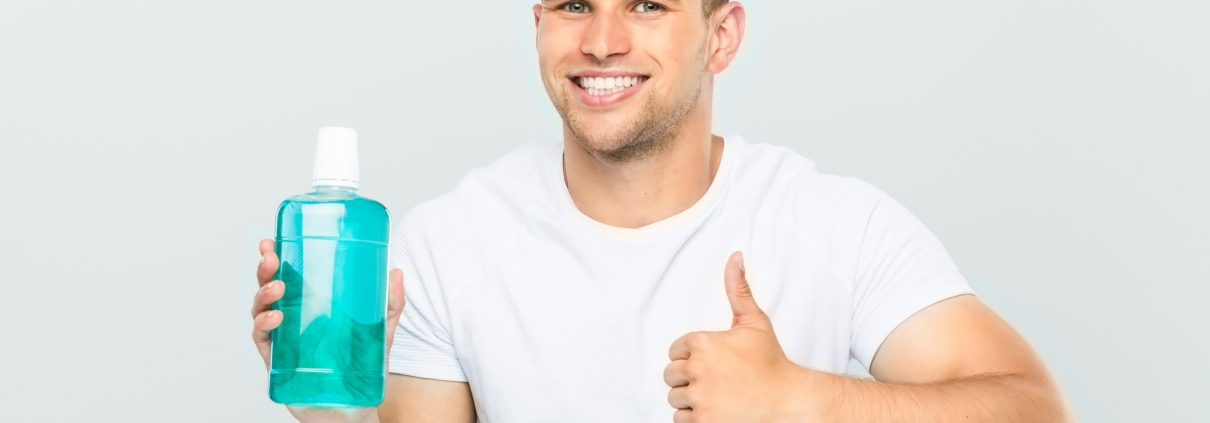Is It Safe to Use DIY Mouth Rinses?
A good oral care routine is the key to strong and healthy teeth. While most people are content with the basics of brushing teeth at least twice a day and flossing at least once, a few like to push it further and gurgle mouthwash now and then.
Commercial and homemade mouthwashes are a great way to protect your teeth against bacteria and acid. They are a great way to complement flossing and teeth brushing. The big question is, are homemade mouth rinses safe and worth it? Here are some analyses of some of the most common DIY mouthwashes.
Saline Water
This is the simplest homemade mouth rinse. Gurgling saltwater can minimize plaque formation since the salinity of the water messes up with bacterial osmosis. This will reduce plaque formation and take care of bad breath to some extent.
Aloe Vera Juice
Aloe Vera is a well-known succulent that is widely used in many home remedies thanks to its ability to inhibit bacterial growth on surfaces. Other than this, it has generous doses of Vitamin C that help block plaque and combats swollen or bleeding gums.
Cinnamon and Clove Oil
People with halitosis can pop a mint now and then to mask the smell. However, you can take things a step further by using a clove and cinnamon oil rinse. The two work in tandem to give you fresh breath while fighting dental cavities.
Baking Soda
Baking soda is an alkali. This gives it the power to alter the pH levels in saliva, making it less hospitable to bacteria. Any residuals after teeth brushing will have a hard time surviving a decent splash or baking soda in half a glass of water. Fewer bacteria in your mouth means you will have no bad breath and less dental caries or cavity issues.
Are the DIY Mouthwashes Safe?
All the above mouthwashes are safe if used in moderation. They contain the basic ingredients you would find in daily meals or even some of the commercial mouth rinses. They should cause you no harm unless you use them in high concentrations, in which case they will taste terrible and cause you discomfort. Either way, you should always let your dentist know if you choose to use a DIY mouth rinse. Their opinion has the final say on whether the products match your current dental care regime or not.



Leave a Reply
Want to join the discussion?Feel free to contribute!